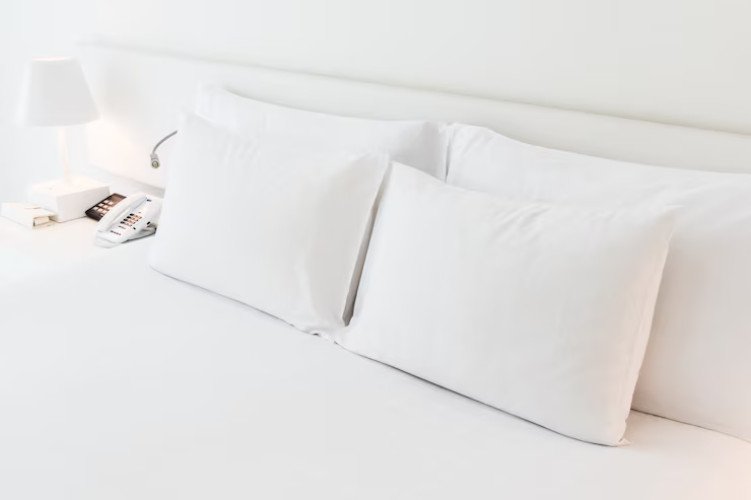There’s something about high thread count sheets that draws people in and makes them dedicated buyers. Maybe it’s the idea of luxury, or just the promise of softness. Either way, 1000 thread count Egyptian cotton sheets are often treated as the gold standard. But how is that reputation earned?
Let’s break it down.
Everyone talks about comfort. But the real story starts with the fabric itself.
Why 1000 Thread Count Sheets (With Egyptian Cotton) Actually Matter
Thread count, for those unfamiliar, measures how many threads run vertically and horizontally in a square inch of fabric. In the 1000 thread count sheets of Egyptian cotton, the fabric tends to feel dense, smooth, and often—if done well—luxuriously soft.
But here’s where it gets tricky: not all 1000-thread-count sheets feel good. Some are made by twisting multiple strands of cheap cotton together to inflate the number. They might feel heavy or unbreathable.
Egyptian cotton changes that. The fibers are longer and finer. This means fewer breaks in the weave, which leads to a smoother surface and stronger fabric. So, when real Egyptian cotton is used at a high thread count, you get something that’s genuinely comfortable, not just on the first night, but for the long haul.
It’s the kind of fabric that doesn’t suffocate you in summer or feel thin in winter. It just works.
What People Are Actually Looking For
It’s not always just about softness.
People want to feel like they’ve made a good choice—something worth the money being spent. There’s also that feeling of stepping into bed and thinking, Yeah, this is nice. And sometimes, that’s all someone needs at the end of a long day.
Some are chasing hotel-level comfort. Others are trying to fix a problem, like waking up too warm or dealing with scratchy sheets that pill after a few washes. Egyptian cotton at this thread count tends to solve those problems, or at least smooth them out.
Taking Care of Them the Right Way
If you’re going to spend on high-end sheets, caring for them properly matters more than people think.
- Use cold or warm water to wash, not hot.
- Stick with mild detergent. No bleach.
- Wash on a gentle cycle.
- Tumble dry low, or even better, line dry when you can.
- Skip the fabric softeners and dryer sheets. They might feel nice short term, but they coat the fibers.
Good sheets don’t need fancy treatment, but they do respond well to consistency. Egyptian cotton actually gets better over time when treated right. That’s part of the appeal.
And if you’ve picked a sateen weave, you’ll notice a slight sheen and extra softness—but also a need for more careful handling to avoid snags.
How to Choose What’s Right
Just because the label says “Egyptian cotton” and “1000 thread count” doesn’t mean it’s the real thing.
What to look for:
- Certified Egyptian cotton, not blends or “Egyptian-style”
- Single-ply yarns (less bulk, better performance)
- A weave you like—percale for that cool, crisp feel, or sateen for something smoother
Here’s the thing: a high thread count isn’t always better. Sometimes, 600 thread count with great cotton is a better choice than 1000 with cheap fibers. It depends on how you sleep, what climate you’re in, and whether you prefer that crisp hotel feel or something more draped and silky.
Final Thought
The appeal of 1000 thread count Egyptian cotton sheets isn’t just about luxury. It’s about comfort that lasts, a fabric that adapts, and the slight, quiet feeling that your bed is finally as good as it should be.
Maybe it won’t change your life. But it might change your sleep. And that’s something.
Featured Image Source: https://img.freepik.com/free-photo/pillow-bed_74190-4551.jpg
